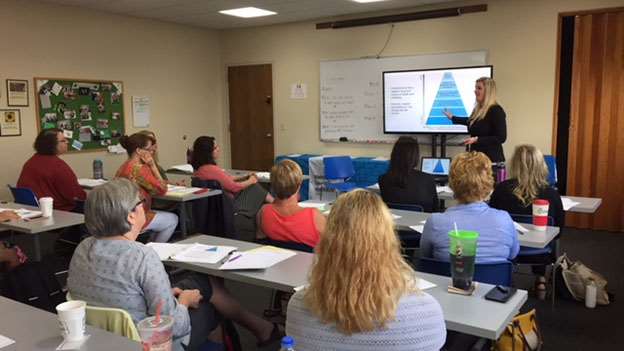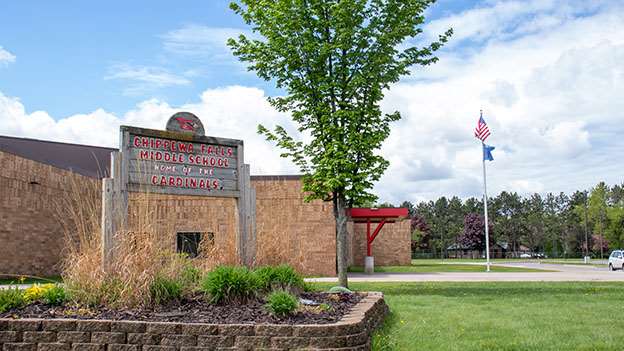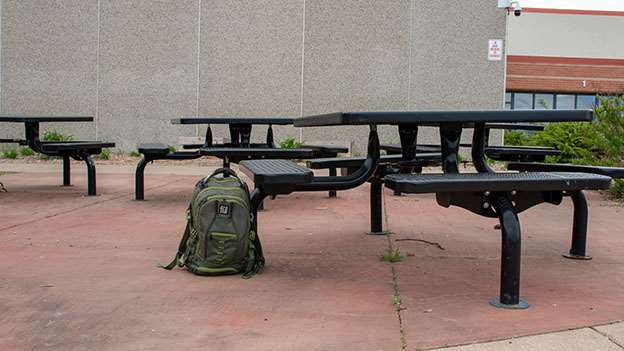ACEs & Resiliency (ACE-R) Workshop
Coalitions That Adopted
Strategy Type
School-based & Community-basedStrategy Goal
Build youth protective factors against depression by educating youth-serving professionals on youth resiliency and adverse childhood experiences.Intended Population
Youth-serving professionals across Eau Claire and Chippewa Counties.Strategy Background
In the Chippewa Valley, the 2015 Youth Risk Behavior Survey (YRBS) revealed over 25% of students were at risk for depression based on the question: “During the past 12 months, did you ever feel so sad or hopeless almost every day for two weeks or more in a row that you stopped doing some usual activities?” In addition, suicide numbers were increasing and rates of hospitalizations due to self-injury were higher than the state average. These statistics prompted action by community organizations to unite in order to maximize resources and connections throughout the region for a broad approach to solving the mental health scenarios facing their communities.
Often, in order to effectively address youth risk factors for depression at the community level, efforts must be directed towards building youth resiliency. The focus on youth resilience strategies is based upon research on the positive aspects of social environments and their role in preventing youth depression. They intend to strike at the core of the issue, allowing youth to build skills and develop resources enabling them to cope with stress and adversity effectively.
In an effort to educate healthcare providers, educators, youth leaders, social workers, and other youth-serving professionals on the actions they can take to build youth protective factors through their work, Mental Health Matters (MHM) developed and held ACEs (Adverse Childhood Experiences) and Resiliency (ACE-R) workshops throughout the community. The trainings consist of two one-hour sessions that provide an overview of both ACEs and resiliency, and aim to achieve the following learning objectives:
- Define adverse childhood experiences and describe ACE study findings of the impact of ACEs on physical and mental well-being.
- Identify mechanisms for how toxic stress and trauma impact the developing brain.
- Describe and define resilience and the protective factors that build resilience and support improved youth mental health.
- Identify specific strategies or actions to take in our work with youth to develop and strengthen their resilience.
- Describe the relationship between our own resilience/self-care and building resilience for youth.
“Participants as well as trainers continue to learn and grow. The information taught has been life-changing for many. We very much focus on working with youth, however, the information we share connects to most human beings."
Strategy

Challenges and Tactics to Address Them
List of Challenges & Tactics
ACE-R Statistics
Best Practices

Resources Needed


